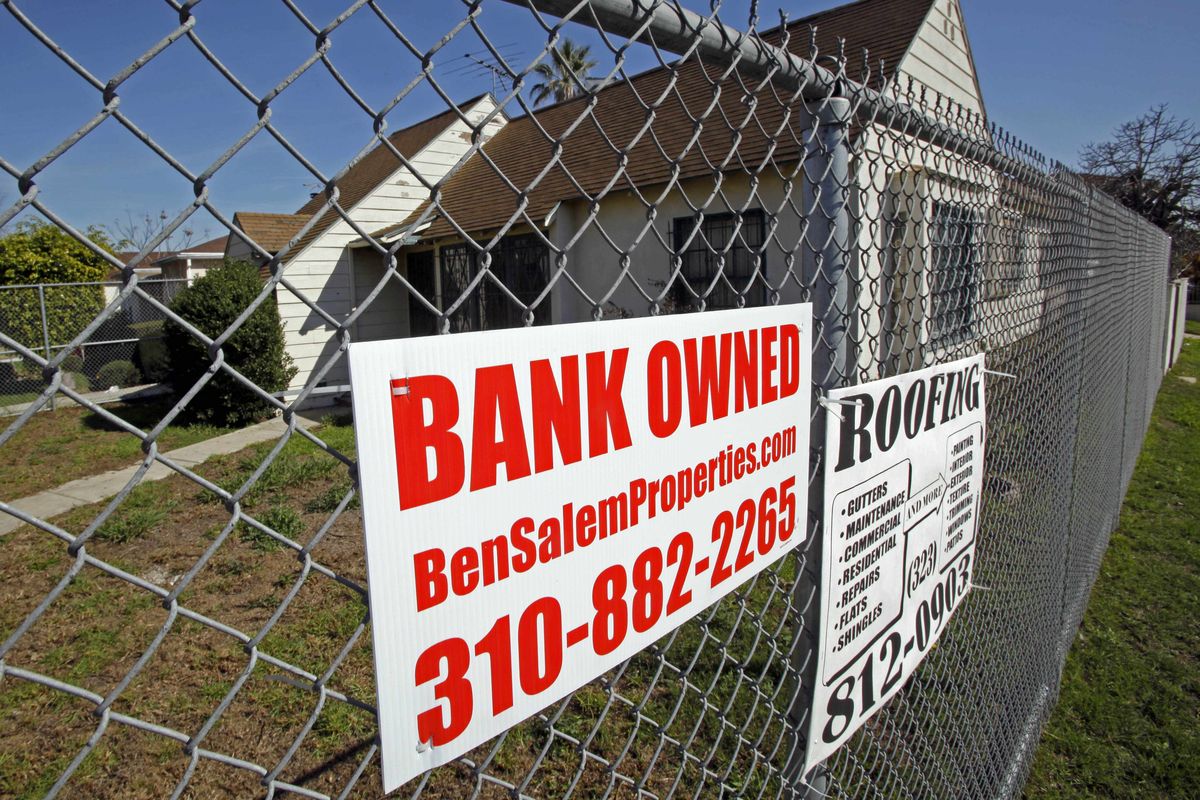Mortgage modifications slow to fight foreclosure
Administration considers changes to program

WASHINGTON – Experts fear a new wave of foreclosures will hit this year as prolonged unemployment makes it difficult for millions of homeowners to pay their mortgages – and many of them aren’t likely to get much help from a federal program aimed at keeping them in their houses.
Banks participating in the Home Affordable Mortgage Program, announced a year ago this week by President Barack Obama, have been slow to turn temporarily reduced mortgage payments into permanent ones.
“The overarching sense is that the mortgage modification process has not worked that well,” said Bert Ely, an independent banking consultant.
Obama administration officials admit the $75 billion program, which offers banks cash incentives to reduce payments, has had growing pains, and they said they are considering revisions to make it more effective.
Still, the program showed progress in January after a strong push by Treasury Department officials to get banks to make more of the modifications permanent.
At the end of January, 116,297 homeowners had modified mortgages with permanently lowered monthly payments under the Obama administration program, the Treasury Department reported Wednesday. That was up from 66,485 permanently modified loans as of the end of December.
An additional 76,482 modifications had been approved and were awaiting acceptance by the borrower at the end of January, according to the report.
Bank of America, the nation’s largest servicer of mortgages, said Tuesday it had increased the number of permanent mortgage modifications to 12,700 last month from 3,200 in December. It said an additional 13,700 permanent modifications were in their final stage.
But that’s a drop in the bucket considering Bank of America holds about 1 million mortgages that are at least 60 days delinquent. About 4 million homeowners nationwide are 90 days or more delinquent on their mortgages or are in foreclosure proceedings, according to Moody’s Economy.com, which analyzes data from the credit reporting company Equifax.
Trial modifications and other delays have kept many of those mortgages out of foreclosure, but by the end of this year, 2.4 million borrowers are expected to lose their homes, said Celia Chen, a housing economist at Economy.com. That would be up from 2.1 million foreclosures and short sales last year and five times the annual numbers earlier in the decade.
It is unclear when those distressed properties would hit the market, but their large numbers are likely to push home prices back down this year, hitting bottom in the fourth quarter, Chen said. And that would make things worse for the 25 percent of homeowners who already owe more on their mortgages than their houses are worth.
The biggest blows will be felt in California, Florida, Nevada and other states where home prices have dropped the most and the ranks of struggling homeowners have swelled.
Despite increasing foreclosure-prevention efforts, lawmakers and community advocates say they haven’t yielded the hoped-for results.
A report last week by Moody’s Investor Services called the Obama administration modification program’s impact “underwhelming.” But administration officials said it is on track to reduce payments for 3 million to 4 million homeowners through 2012.
Officials noted that not all homeowners are eligible – the program is only for owner-occupied homes, and excludes a variety of mortgages, including jumbo loans. And the administration continues to make changes, including a requirement added last month requiring homeowners to document their income before a trial modification is granted.
But the program continues to draw criticism. Banks have complained they’ve had trouble getting homeowners to provide the necessary documents. Frustrated homeowners have complained of bureaucratic runarounds from their servicers. Federal watchdog agencies have criticized the program. And last month the chairman of the House Oversight and Government Reform Committee announced an investigation.